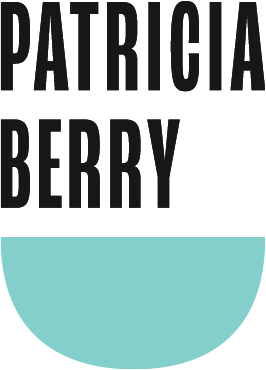This is the first series of blog posts titled “The 100-Year Friend”. They explore the world of philanthropy through the lens of Permaculture thinking and the metaphor of the garden ecosystem. It is the culmination of my 25 years of experience in the field of big-box fundraising in billion-dollar campaigns and my thoughts on how we can bridge that metrics-driven practice to evolve in harmony with deeper connections on a human level. I welcome your comments, thoughts, responses, and feedback.
One of the most insightful insult/compliment combos I received in my career was the accusation that I did “fundraising like a social worker.” The statement was delivered as a criticism of my work at a large, senior leadership table when debating the approach of a campaign program that nobody thought would work but had successfully raised a hundred million dollars and was well on its way to raising one hundred million more. We were discussing the unique needs of the campaign, which was raising money from the “family” of the faculty and staff of our organization and required extremely thoughtful, donor-centered, boundary-aware behaviors that felt slow and unmeasurable in the metrics-driven billion-dollar philanthropic world we were practicing in.
The money raised at that point was a very small percentage of a multi-billion dollar fundraising organization, but significant when considering how difficult it has been historically to create compelling campaigns free from donor blowback with this particular faculty and staff population.
This type of negative characterization and easy dismissal of the deep and intentional relationship-focused fundraising that I practice is not unusual in metrics-driven organizations. I myself am a socialized data wonk, so on some level, I get it. I like to understand why and if the approaches we are taking in a fundraising organization are actually doing what we think they are doing. I, too, have a “prove it” attitude. The idea bulb I had at this particular comment was to ask myself, why exactly is fundraising like a social worker a bad thing?” We had proved that this was a successful and meaningful approach through our analytics work. We had proved that fundraising with compassion, engagement and focus on our partnership with our donors actually resulted in more revenue raised and, perhaps more importantly, better retention of donors. Yet articulating this approach as “compassionate and relationship-focused” somehow made us soft and easily categorized as ineffectual no matter what the numbers tell us in increased retention and upgrade of donors.
The moment became a definitive one for me and started me down a path of discovery that ultimately led to my own consulting business working with entrepreneurial nonprofits and social enterprises who want to bridge the chasm of strong, metrics-driven business behavior with the more flexible, bespoke practice of working on long-term business relationships and collaborations. It is an approach that seeks to transcend the transactional moment and move toward transformational, long-term conversations and co-creation with those relationships at the core of an organizational mission. It turns work into a vocation, transactions into relationships, customers into collaborators.
I welcome you to join me on my path of discovery. Learn from what’s worked for me as well as what hasn’t, challenge me in new ways, and help flip the script on how we approach asking for money in the non-profit and for-profit world alike. Let’s work together to move past check-book fundraising and on to relationships that change our organizations and the communities we serve in deep and meaningful ways. Let’s merge meaning and metrics and get to the relationships that get shit done on an epic scale. It’s not easy work to upend multiple generations of check-book fundraising practice, but I can guarantee it will be a journey filled with joy and transformation alongside the hard work. Stop trolling for gifts and let’s work together to start making your own 100-Year Friends.

